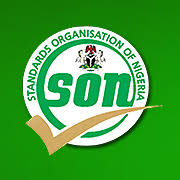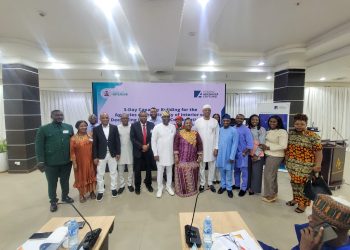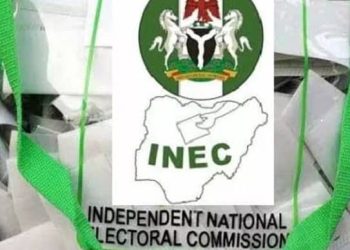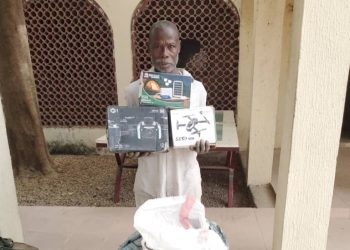The U.S. Government through the U.S. Agency for International Development (USAID) and the Government of Nigeria, through the Standards Organization of Nigeria (SON), have agreed to collaborate on mitigating lead poisoning in Nigeria. They plan to enhance surveillance, regulation, and enforcement of standards related to consumer goods and paints in Nigeria.
Lead can affect individuals of any age, but children are particularly vulnerable due to their behavioural patterns and susceptibility to toxicity at lower exposure levels. Globally, an estimated one-third of children have blood lead concentrations that impair cognitive development and contribute to learning disabilities and attention deficits. A 2011survey by the U.S. Centers for Disease Control and Prevention revealed that unsafe mining and ore processing are the leading causes of lead poisoning in Nigeria.
“USAID is committed to leading the Government of Nigeria’s mitigation efforts to save Nigerian children from further risk of lead exposure,” said USAID/Nigeria Mission Director, Melissa A. Jones in a meeting with SON Director General Dr. Ifeanyi Chukwunonso Okeke.
USAID will provide technical assistance to SON to raise awareness about the safe use of products that contain lead, support Nigeria in joining the Global Alliance to Eliminate Lead Paint (Lead Paint Alliance), and aid SON in enacting legislation to identify lead-containing products and its manufacturers. SON will lead engagement with other federal agencies working on lead removal in high-risk communities.
SON Director-General Dr. Okeke said that to limit lead in consumer goods and paints, SON adopted global and regional standards prohibiting the production and importation of paint products with lead concentration beyond 90 parts per million.
In April 2024, SON will participate in the United States and Nigeria Bi-National Commission meeting, contributing to technical discussions on policy framework, regulation, and sensitization on lead mitigation in Nigeria.

















